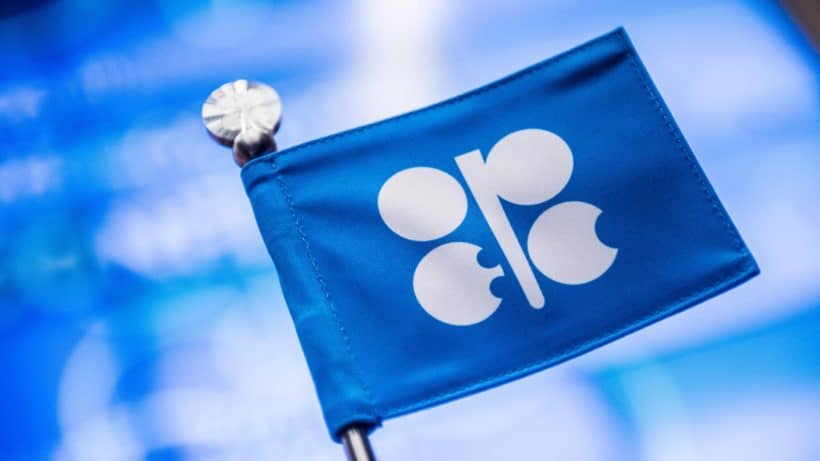
LONDON, Sept 12 (Reuters) – OPEC on Tuesday stuck to its forecasts for robust growth in global oil demand in 2023 and 2024 citing signs that major economies are faring better than expected despite headwinds such as high interest rates and elevated inflation.
World oil demand will rise by 2.25 million barrels per day (bpd) in 2024, compared with growth of 2.44 million bpd in 2023, the Organization of the Petroleum Exporting Countries said in a monthly report. Both forecasts were unchanged from last month.
A lifting of pandemic lockdowns in China has helped oil demand rise in 2023. OPEC has maintained a relatively upbeat view on 2024, seeing stronger demand growth than other forecasters such as the International Energy Agency.
“The ongoing global economic growth is forecast to drive oil demand, especially given the recovery in tourism, air travel and steady driving mobility,” OPEC said in the report. “Pre-COVID-19 levels of total global oil demand will be surpassed in 2023.”
Oil demand collapsed in 2020, prompting some predictions of an early peak in world oil use. OPEC has been consistently saying it would recover and said in the report demand would average 102.1 million bpd in 2023, above the pre-pandemic rate during 2019.
OPEC and its allies, known as OPEC+, began limiting supplies in 2022 to bolster the market. Global benchmark Brent crude breached $90 a barrel last week for the first time in 2023 after Saudi Arabia and Russia extended voluntary cuts until the end of the year.
Brent crude prices rose as high as $91.82 a barrel after the report was released, hitting a fresh 2023 high.
The IEA, which currently has a much lower view than OPEC of 2024 demand growth, issues its latest outlook on Wednesday.
ECONOMY RESILIENT
OPEC held its forecast for world economic growth this year at 2.7% and kept next year’s figure at 2.6% citing a resilient first half and a steady global growth trend that had continued into the third quarter.
“Emerging Asia, particularly India, Brazil and Russia, could further surprise to the upside,” OPEC said.
“Moreover, if the U.S. continues to keep its current momentum, growth could turn out to be higher than expected.”
The OPEC report also showed OPEC oil production rose in August driven by a recovery in Iran’s production despite U.S. sanctions remaining in place on Tehran and Saudi Arabia’s voluntary cuts, as well as an increase in Nigeria.
OPEC output rose by 113,000 bpd in August to 27.45 million bpd, the report said. A Reuters survey earlier found production had increased last month largely because of Iran.
Iran is exempt from OPEC and OPEC+ production cuts because of the sanctions and Nigeria has faced internal challenges that have limited output. (Reporting by Alex Lawler; editing by Jason Neely and David Evans)

